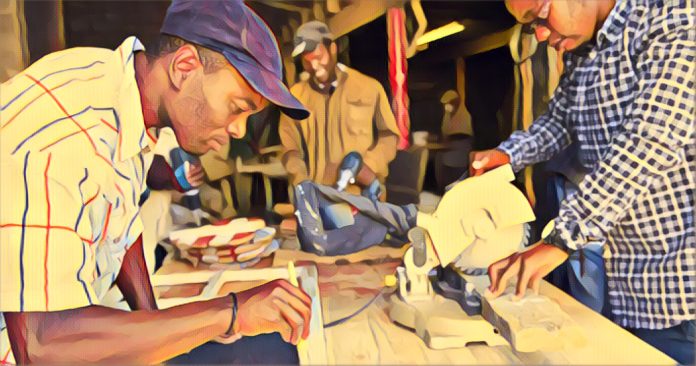In a significant move to bolster economic relations and showcase its skilled workforce, Nigeria has announced plans to send 4000 skilled artisans to the United Arab Emirates (UAE). This initiative, part of the broader ‘Skill-Up Artisans’ (SUPA) programme, represents a landmark in Nigeria’s labor export strategy.
Mr Temitope Ajayi, Senior Special Assistant to President Bola Tinubu on Media and Publicity, detailed this development in a statement. The SUPA programme, a collaborative effort with Abu Dhabi, reflects Nigeria’s commitment to enhancing the skills and global competitiveness of its artisans.
“The overarching aim of SUPA is to drive national development and ensure the availability of a skilled artisanal workforce both for domestic industries and for export,” Ajayi said. He noted that this move aligns with the global demand for skilled labor, particularly in countries like the UAE, which are introducing various visa categories to attract African artisans.
President Tinubu has been instrumental in this initiative, directing the Industrial Training Fund (ITF) to retrain and certify artisans in Nigeria. This effort is to ensure that Nigerian artisans are not only competitive but also capable of taking full advantage of international job openings.
Ajayi highlighted concerns about foreign artisans taking up jobs in Nigeria and stressed the importance of reversing this trend. The export of skilled labor to the UAE is seen as a step towards achieving this goal.
Afiz Oluwatoyin, Director General of the ITF, spoke on the significance of this development. “We are now focusing on elevating our artisans to meet international standards. This opportunity in the UAE is just the beginning of showcasing Nigerian talent on a global stage,” Oluwatoyin stated.
The SUPA initiative is part of Nigeria’s ‘Renewed Hope Agenda’, aimed at inclusive growth and shared prosperity. It’s designed to bring a paradigm shift in the technical know-how and service delivery of Nigerian artisans. This program is set to standardize and license artisans, addressing skill deficiencies and ensuring their readiness for the global market.
This landmark initiative underscores Nigeria’s commitment to enhancing the skills and international standing of its artisans, marking a new era in the country’s economic and labor relations with the UAE and beyond.



